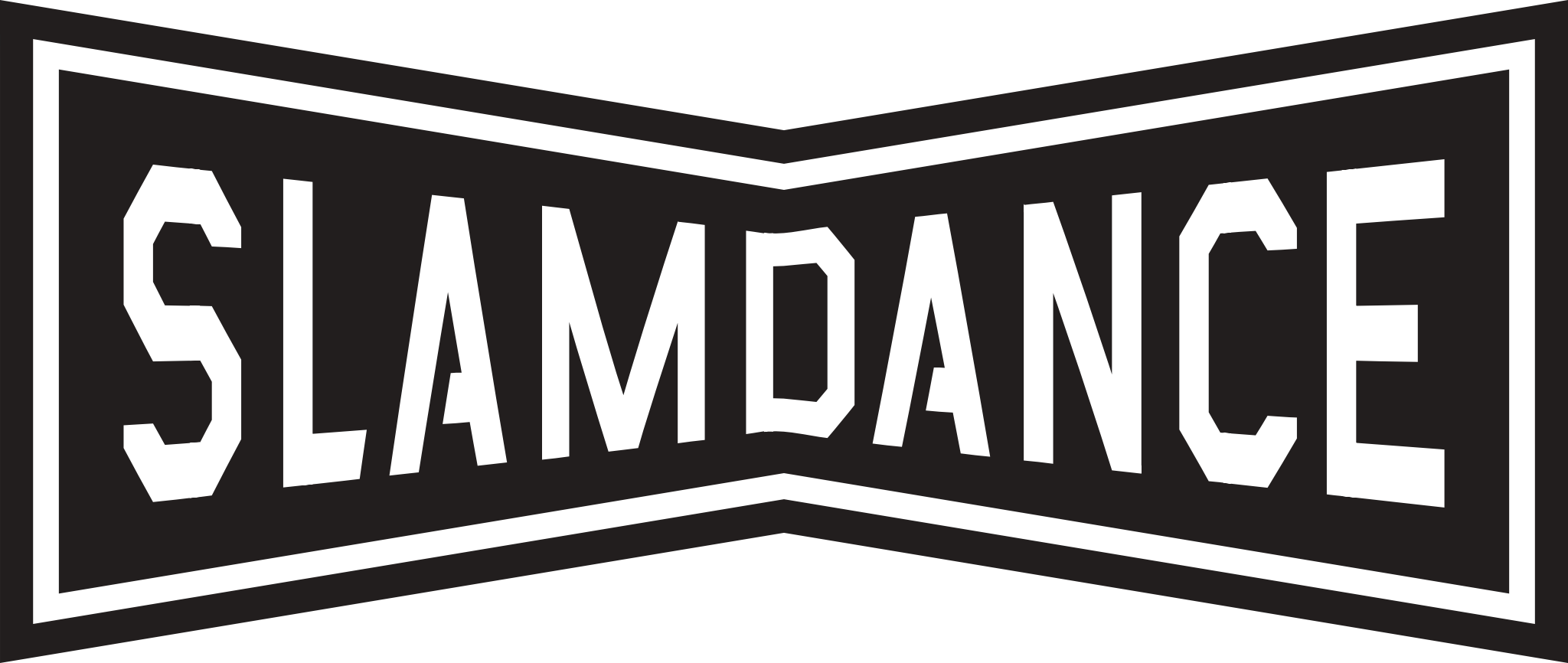
Overview
When the filmmakers first traveled to Germany to present on American Eugenics back in the 90s, they were told about a program ordered on Hitler's private stationary that resulted in the deaths of over 300,000 disabled people. These were "mercy killings", arranged and executed by doctors in cooperation with the German state from 1939 to 1941. The murders targeted those that the T4 program deemed "life unworthy of living". The existence of this program enabled the development of gas chamber technology which was transferred to Nazi Death Camps, catalyzing the Holocaust.
In this 22-year-long film effort that spans multiple generations, our family team of filmmakers and researchers takes on the history, memory, and legacy of Aktion T4. How could Aktion T4, a program that resulted in the deaths of over 300,000 disabled people, remain unnoticed for so long? The T4 memorial in Berlin was built in 2011, making disabled people the last victim group to be recognized in the city centre. How could the majority of its perpetrators be released without repercussion? Many of whom went on to practice the same careers that they practiced in National Socialism?
Memorialization of the murdered operates as a form of cultural atonement. It also runs the risk of functioning as a how-to manual on how to kill many people at the same time. The only alternative to simply exposing the facts of mass killing and the identities of the victims is to re-invest in the value of the lives of the dead. The Nazis sought to erase a certain kind of disability from the species: human. DISPOSABLE HUMANITY reverses this goal by pursuing multi-generational acts of love that will not let go of the dead through the commitments of disabled and disability-identified scholars, activists, and artists today. This film is a form of counter-monument resisting an intended erasure that began long ago.

––
FEATURED SHORT FILM:
IRON LUNG (2024) - Director: Andrew Reid
A polio survivor trapped in an iron lung faces a life-or-death struggle when a storm cuts off her power.

What is
?


Slamdance, a year-round organization by filmmakers for filmmakers, announced today the lineup and dates for Slamdance Unstoppable: On The Road. Programmed exclusively by artists with visible and non-visable disabilities, the tour will expand the Slamdance Unstoppable programming into arthouse theaters across the U.S. – championing underrepresented voices and fostering accessibility and representation to new audiences across the country.
“Slamdance Unstoppable: On The Road is a true rockstar moment for our filmmakers. Having our films travel from state to state, screening at incredible art houses, feels like the Michael Jackson, Janet Jackson, and Beyoncé tour rolled into one,” stated Unstoppable Co-Founder Juliet Romeo. “I’m thrilled to kick things off this summer in our old stomping grounds—Utah. It’s powerful to return to where it all began, especially now. In today’s political climate, continuing to push for accessibility and inclusion isn’t just meaningful—it’s a form of protest – and that spirit is exactly what Slamdance has always stood for.”
Launched in 2020, Slamdance Unstoppable is a showcase of films made by filmmakers with visible and non-visible disabilities and aims to eliminate the prejudices and gatekeeping that have historically kept disabled filmmakers from being represented in the entertainment industry. Slamdance Unstoppable: On The Road will bring the section’s vital programming to a national tour that aims to elevate disabled artists, connect with audiences, and expand opportunities for authentic storytelling in independent film.
The Slamdance Unstoppable: On The Road lineup was programmed from major festivals, including Slamdance, Sundance, ReelAbilities, Superfest, and Easterseals Disability Film Challenge. Each venue has curated a unique selection from the Slamdance Unstoppable programming, ranging from single-night screenings featuring a short and feature pairing to full three-day showcases. Slamdance has partnered with accessible venues for the tour and prioritized seeking venues that provide ASL interpretation, captions, audio descriptions, and other accommodations. The tour will also feature in-person Q&As with local filmmakers and discussions at key locations. Slamdance will be providing travel and accommodation for filmmakers to be able to attend the events in person.







